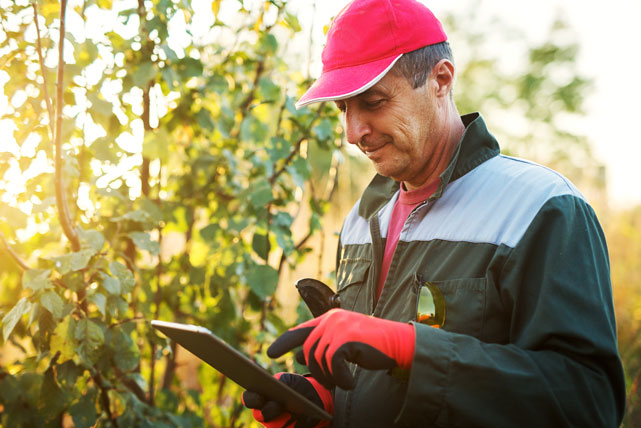Smart Villagers: Digitalisation and Social Innovations in Rural Spaces
Research department: Economy and Civil Society
IRS Research Topic: New Social Practices Research on Innovation Processes Shared Knowledge - Locally and Over Distance
Project Leader within IRS: Prof. Dr. Gabriela Christmann
Project Team: Dr. Christian Reichel
Duration: 01/2019 - 12/2021
Smart cities are often talked about – but smart villages? Rural areas, particularly in structurally weak regions, are often affected by out-migration and a growing backlog in digital infrastructure and innovation dynamics. Both trends reinforce each other. However, there are examples of villages in which innovative initiatives do not just strive to compensate for deficits, but develop new, situation- and problem-specific local solutions. In doing so, they combine new services with creative uses of digital technologies and sometimes improved digital infrastructures. Hence, the subject matter is digitally supported social initiatives. In this area, a large diversity of approaches is evident – from app-based mobility services and telemedicine to coworking spaces, which make more flexible forms of work, typically associated with urban areas, accessible in rural areas. Furthermore, such initiatives are characterized by their decided bottom-up orientation, which does, however, not exclude the possibility of external support, for instance via policies by the federal states.
The research goal in this lead project is to better understand such initiatives regarding their content, actors and actor constellations influential in them, their process character and their effects on everyday lives in rural communities. Rammert’s concept of ‘societal innovations’ serves as key conceptual reference point. It is supplemented by considerations of mediatization of social action. Regarding content and agency, the questions how various technological and non-technological elements are recombined, and whether digitalization is a driving force or rather a consequence or sub-aspect, take centre stage. In terms of process, the focus is on place-specific development trajectories as well as diffusion in space and in substance. Questions about the effects of digital initiatives address accelerations and decelerations of everyday life through global connectivity, new spatial constructions in everyday geographies as well as socially differentiated effects (on different groups) of digitalization.
The objects of research are digitally supported social initiatives, of which one respectively will be reconstructed in a detailed qualitative case study. A total of five case studies were conducted in Germany. Focused ethnography was used to collect data, combining expert interviews, document analyses, media biographical interviews, problem-centered interviews and participant observation.
Photos: dusanpetkovic1/stock.adobe.com; agenturfotografin/stock.adobe.com; dusanpetkovic1/stock.adobe.com; alexbrylovhk/stock.adobe.com;




